Demand and supply: Feathered friends in shortage amid import bans
As restrictions cross over to 2021, Lahore’s bird markets report exuberant prices for exotic parrots
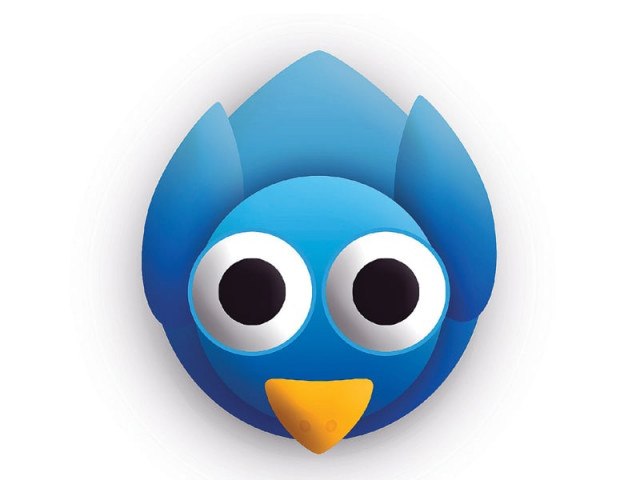
Closed borders and extensive coronavirus restrictions have led to a growing shortage of exotic birds, previously imported from foreign countries.
The cut in bird supply has particularly effected the local Macaw market, where parrot prices have ballooned by a striking 100 per cent. Similarly, cost of locally bred exotic birds has also seen a sudden a climb, with traders leaping to charge premium prices in most markets.
Rana Naeem, a bird handler who once facilitated activities with macaw parrots at the Lahore Zoo and Safari Park among other venues, has had to shut down his stall, owing to the significantly reduced population of the rare bird. “I couldn’t afford keeping these giant, exotic birds at home, when zoos, malls and other public places were closed during the coronavirus lockdown.
So I went and sold my feathered friends in the local market. But now that the restrictions have been relaxed and I want to buy them back, the parrots have practically disappeared from the market. A few vendors who do have macaws are charging an arm and a leg for them,” told Naeem. According to market reports, Green-winged macaws, one of the largest of the species, have seen the steepest increase in price.
The parrot which previously costed Rs200,000, now costs over Rs40,0000 for a single bird. While the price of African grey parrots has gone from costing Rs50,000 to Rs90,000 a bird. Similarly, blue and gold macaws, which sold for around Rs130,000 are now worth a whooping Rs250,000. Whereas cockatoo, a parrot variety native to Australasia, is now being sold for a steep price of Rs250,000, after costing something over Rs125,000, pre-lockdown.
“No price can be fixed for rare, wild birds. Every breeder decides the price according to the age, health and breed of his bird. But bird prices have largely ballooned owing to a demand and supply issue in the market, which in turn is owed to the various import restrictions amid Covid-19. So, the few traders who do have the birds in stock are keen on charging a steeper price of their liking. If the government removes the import restrictions, prices will naturally go down,” said Dharampura Bird Market President Khalid Iqbal.
As per local bird enthusiasts however, importing birds has always been a complicated affair in the country, which often results in augmented prices. “Most macaws for instances, are imported from the United States. In order to do so, one needs to obtain an NOC from the Ministry of Climate Change, in addition to individual permits for each type of bird being imported.
Other than that, importers also need to obtain a clearance from the provincial wildlife department. All that, plus the heavy import duties and customs charged on the bird end up ballooning its price manifolds,” a local macaw enthusiast told The Express Tribune. Speaking in the regard, Lahore Wildlife Officer Tanveer Janjua said that a notification was issued to ban the import of foreign animals and birds— not part of local wildlife— till December 31, 2020. However, the ban is still remains in place by the Federal Ministry of Climate Change, as a new notification greenlighting the import and export of animals is yet to be issued.
“That being said, no license from Punjab Wildlife is required for breeding foreign birds locally and keeping them at home as a hobby. It is only permits from the Ministry of Climate Change and the Quarantine Department which are required, in addition to a health department certificate from the exporting country and a receipt of the farm or company from which the animals were purchased,” the officer cleared. “However, I hope the import bans are soon lifted so that the local bird market has a chance to stabalise,” he added.


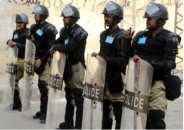


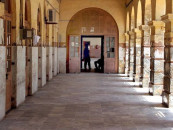
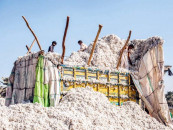


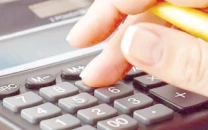


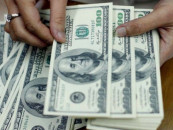





COMMENTS
Comments are moderated and generally will be posted if they are on-topic and not abusive.
For more information, please see our Comments FAQ